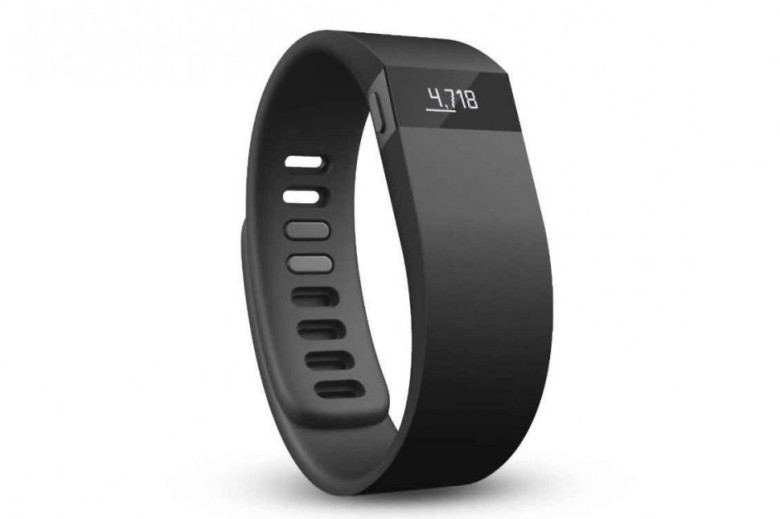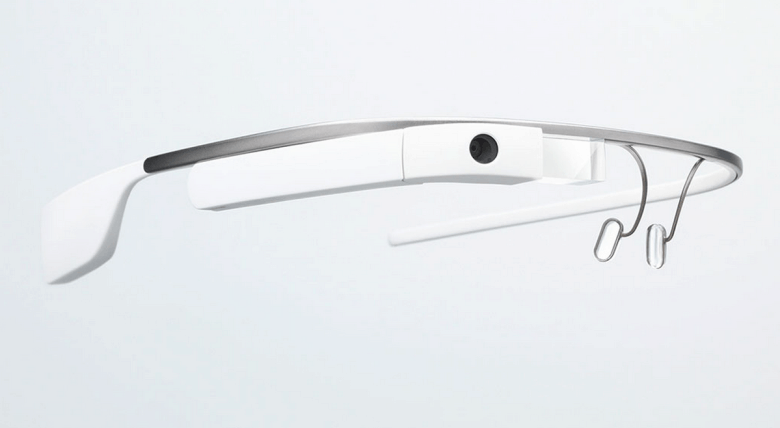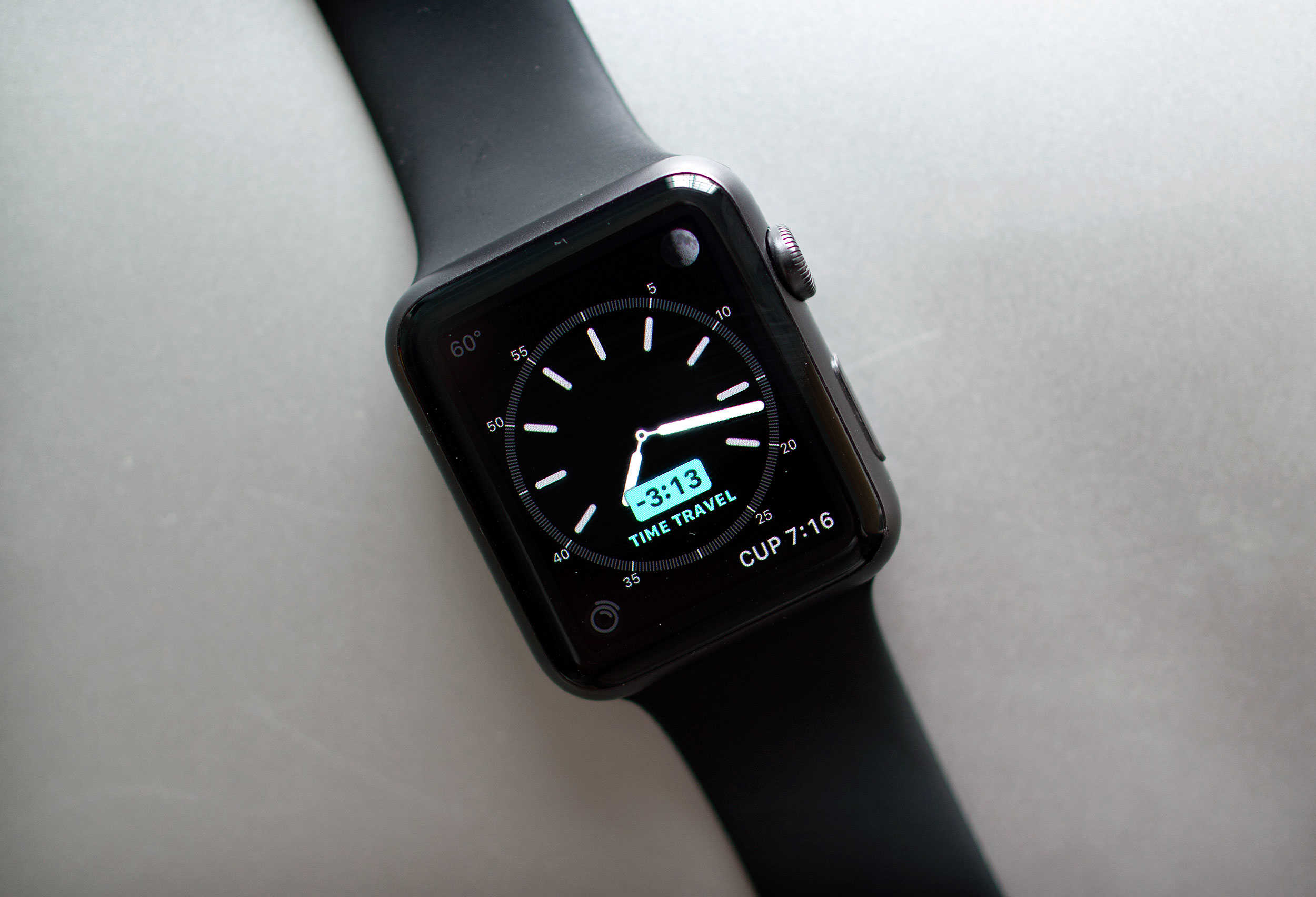A new study suggests that the increased popularity of wearables like the Apple Watch and fitness trackers in the workplace is giving information technology professionals the willies.
IT tool and service provider Ipswitch polled 288 workers who feel like the burgeoning devices might present some problems, especially if they’re connected to company-owned Wi-Fi networks.
53 percent of respondents said that employees are connecting their personal devices to the office system, and the group thinks this trend might create some trouble if it continues. Among their concerns are security breaches, bandwidth hogging, and creating more work.
The most popular types of devices employees are taking to work and connecting with are smartwatches (45.8 percent), followed by fitness trackers (42 percent) and other health-focused gadgets (17 percent).
We’re not really sure that the concerns are well founded, however. For one thing, the Apple Watch pulls data from the phone it’s paired with and doesn’t have its own Wi-Fi capabilities at all, although other smartwatches like Motorola’s Moto 360 do have that capability. Of course, if the paired phone is connected to the company network, the same issue arises. But we’re pretty sure nobody’s going to be accessing any company-sensitive data by hacking a step-counter, regardless of where it’s connected.

Still, it only takes one hole to access a system, and having a lot of devices connected certainly provides more opportunities (remote as they might be). But the bandwidth issue is definitely a concern, as having dozens — or even hundreds — of tiny drains on the data flow might have a marked effect on connectivity and speed throughout the network.
The obvious solution to both this and the security question, however, is simply not letting employees use the company network for their own devices and controlling what kind and how many gadgets can log on. Surprisingly, two-thirds of the IT pros said that their companies have no policies in place to control access, but it certainly wouldn’t take much to institute some and then change the password.

Photo: Google
At the same time, 15 percent of the people questioned said that their company actually issues wearables to employees, and those are connected to the company Wi-Fi. And that makes sense, but it leads to one of the leading concerns that arose in the survey: Just over 40 percent of IT professionals are worried that they’ll have to do more work to maintain and service these extra devices.
We can see this going both ways, really. It’s a little silly to be worried that you’ll have to do your job even more, but we can also see the stress that could arise when, in addition to the standard flow of blue-screens, upgrades, and phone calls, these workers also have a growing pile of broken wrist-mounted GPS units.
Ultimately, of course, it falls to the people in the upper floors to listen to these concerns and adjust policies accordingly. And wearable tech is relatively new enough that we’re all still trying to figure out how it fits in with everything else. But in the meantime, it probably isn’t the best idea to give companywide access to a system that contains any information worth stealing. That’s just a thought.


